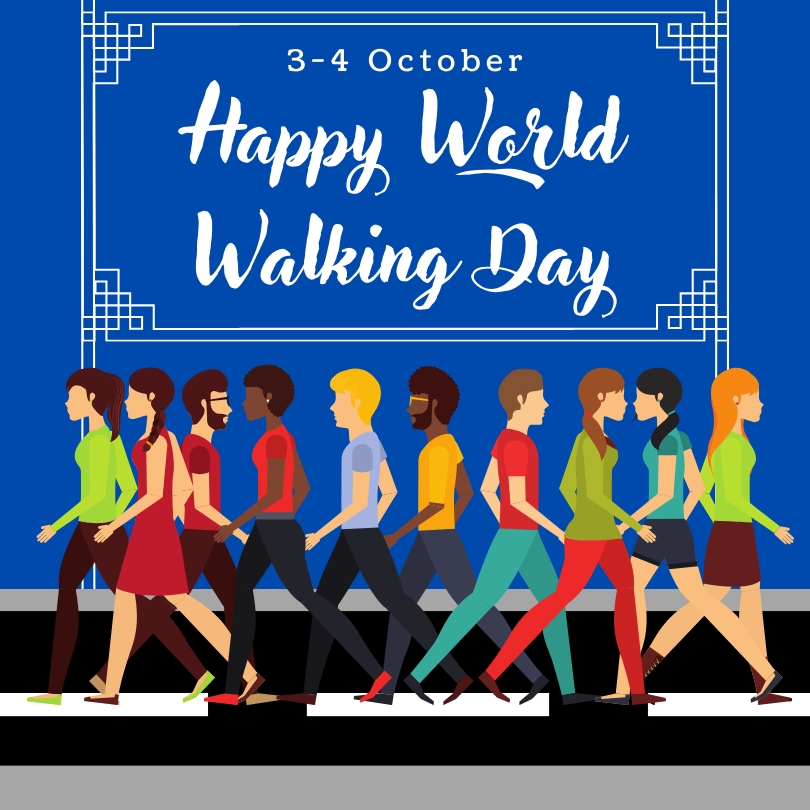In the realm of fitness, consistency is often heralded as the cornerstone of success. While this holds true to a considerable extent, there’s another aspect that’s equally vital: flexibility in your exercise routine. Embracing flexibility in your workouts isn’t just about variety; it’s a strategic approach that can yield numerous benefits for both body and mind. Let’s delve into why being flexible with your exercise routine is so crucial.
1. Avoiding Plateaus
One of the most significant risks of sticking rigidly to a single exercise routine is the plateau effect. When your body becomes accustomed to a particular set of exercises, it adapts, and the initial gains start to taper off. By introducing variety and change into your workouts, you challenge your body in new ways, preventing it from reaching a plateau. Whether it’s trying a new class, incorporating different equipment, or exploring alternative forms of exercise, flexibility keeps your body guessing and progressing.
2. Injury Prevention
Repetitive strain injuries are a common concern among fitness enthusiasts. Doing the same movements repeatedly can lead to overuse injuries as certain muscles and joints bear the brunt of the workload. By diversifying your exercise routine, you reduce the risk of overuse injuries by distributing the stress across different muscle groups and movement patterns. Moreover, incorporating activities like yoga or Pilates can improve flexibility, balance, and joint mobility, further reducing the likelihood of injury.
3. Sustaining Motivation
Monotony breeds boredom, and boredom is a significant demotivator when it comes to sticking with an exercise regimen. Constantly doing the same routine can sap your enthusiasm and make workouts feel like a chore. On the other hand, embracing flexibility keeps things interesting and exciting. It opens up opportunities to explore new activities, meet like-minded individuals in group classes, and set fresh goals. Whether it’s trying a new sport, mastering a new skill, or simply changing up your environment, flexibility injects a sense of novelty that can reignite your passion for fitness.

4. Catering to Life’s Demands
Life is unpredictable, and sticking rigidly to a fixed exercise routine can become impractical when faced with unexpected events or commitments. Whether it’s work deadlines, family obligations, or travel, there will be times when your usual routine is disrupted. In such situations, having a flexible approach to exercise allows you to adapt and find alternative ways to stay active. It might mean squeezing in a quick bodyweight workout at home, going for a run in a new city, or even just taking a brisk walk during your lunch break. The ability to be flexible ensures that fitness remains an integral part of your lifestyle, regardless of the circumstances.
5. Mental Well-being
Exercise isn’t just about physical health; it’s equally important for mental well-being. The endorphin rush from a good workout is well-documented, but the mental benefits extend beyond that. Being flexible with your exercise routine fosters a healthier relationship with fitness by removing the pressure to adhere to strict guidelines. It encourages a more intuitive approach where you listen to your body’s needs and adjust your workouts accordingly. This mindful approach to exercise can reduce stress, improve mood, and enhance overall quality of life.
In conclusion, while consistency is essential in any fitness journey, so too is flexibility. By embracing variety, listening to your body, and being open to change, you can unlock a myriad of benefits that extend far beyond physical fitness. So, don’t be afraid to mix things up, try something new, and keep your exercise routine fresh and exciting. Your body and mind will thank you for it in the long run.


